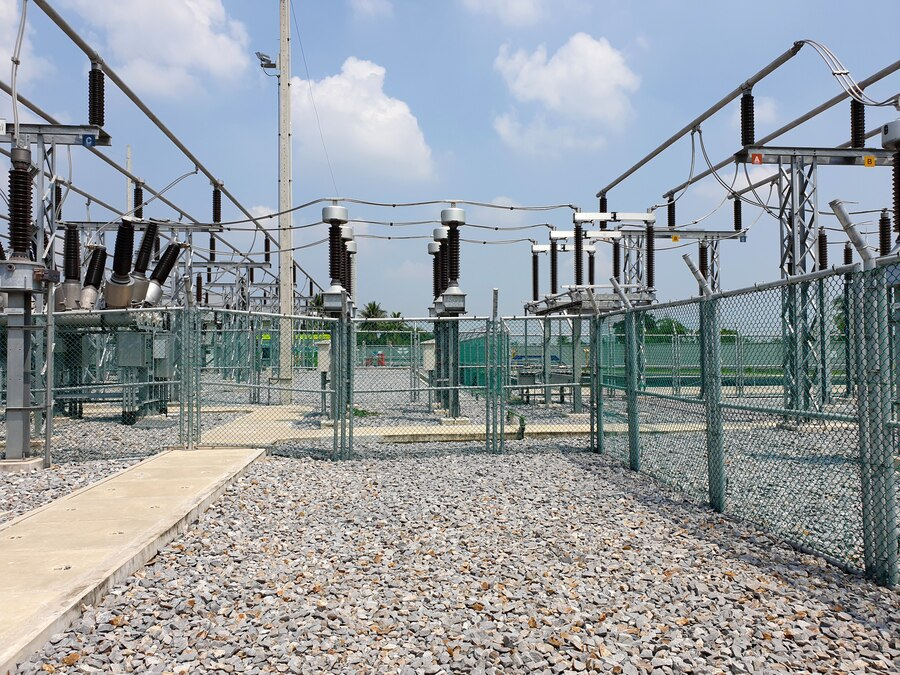Electrical System Design
Understanding the Fundamentals of Electrical System Design
In our modern world, electricity is the lifeblood that powers our daily lives. From lighting our homes to driving industrial processes, a well-designed electrical system is essential for efficient and reliable power distribution. The process of electrical system design involves careful planning, analysis, and implementation to meet the specific needs of a building or facility.
The first step in electrical system design is understanding the requirements and load demands of the building or facility. This involves assessing the power needs for various equipment, lighting, and other electrical devices. By accurately determining the load requirements, designers can determine the appropriate capacity for transformers, switchgear, and distribution panels.


Safety, Efficiency, and Reliability in Design
One crucial aspect of electrical system design is safety. Designers must adhere to local electrical codes and standards to ensure the safety of occupants and equipment. Grounding and protection systems are integrated to safeguard against electrical faults, such as short circuits and overloads. Additionally, safety measures like circuit breakers and surge protectors are incorporated to prevent damage to sensitive electronic devices.
Efficiency is another critical consideration in electrical system design. By optimizing the layout and sizing of electrical components, designers can minimize power losses and reduce energy consumption. Efficient distribution of electricity reduces operational costs and promotes sustainability.
Reliability is paramount in any electrical system. Redundancy measures, such as backup power supplies and redundant pathways, are implemented to ensure uninterrupted power supply. Fault tolerance techniques are employed to minimize the impact of equipment failures or electrical faults.
The Role of Technology in Modern Electrical Systems
Technological advancements play a significant role in modern electrical system design. Smart grid technologies, automation, and digital monitoring systems enhance the efficiency, control, and flexibility of electrical systems. These technologies enable real-time monitoring, remote control, and predictive maintenance, leading to improved performance and reduced downtime.
In conclusion, electrical system design is a complex process that requires careful consideration of various factors. It ensures efficient and reliable power distribution while prioritizing safety, efficiency, and reliability. By embracing technological advancements, electrical system designers can create smart and sustainable solutions for our ever-evolving power needs. Whether it’s for residential, commercial, or industrial applications, a well-designed electrical system is the foundation of a smoothly functioning and energy-efficient environment.

